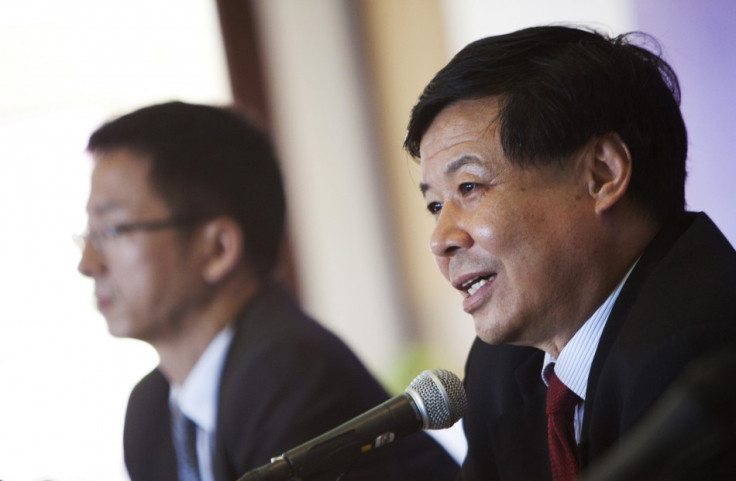G20 Russia Summit: China Warns US Fed Reserve Over QE Tapering Threat to Emerging Economies

The US Federal Reserve has been warned that it must contemplate the timing and the pace of its planned stimulus taper to prevent any detrimental knock-on effect to emerging market economies.
The warning by China's Vice Finance Minister Zhu Guangyao and central bank Vice Governor Yi Gang comes ahead of the upcoming G20 meeting in Russia.
G20 heads of governments are expected to discuss the repercussions of tight central bank monetary policy on emerging market economies when they meet in St.Petersburg over the 5-6 September.
Emerging markets, battling higher volatility in capital flows and exchange rates, are struggling to handle a capital exodus as US interest rates rise ahead of an expected cutback in the Fed's asset buys.
Minutes of the Fed's July meeting suggest the central bank was on track to trim its massive monthly bond buys as early as September. The Fed's $85bn a month bond-buying program has stimulated the US economy and global markets the world over for some time.
"The US economy is showing some positive signs and is recovering gradually and we welcome this," Zhu told a news conference in Beijing.
"But the United States - the main currency issuing country - must consider the spill-over effect of its monetary policy, especially the opportunity and rhythm of its exit from the ultra-loose monetary policy.
"On monetary policy, the focal point [of the G20] will be on how to minimize the external impact when major developed countries exit or gradually exit quantitative easing, especially causing volatile capital flows in emerging markets and putting pressures on emerging-market currencies," Yi said.
A cutback in QE would likely raise bond yields in the US, in turn raising eurozone interest rates and so sucking out money from being spent and invested in emerging markets. A sudden withdrawal of foreign funds from emerging markets be as catastrophic as when it happened before during the Asian and Russian financial crises of 1997 and 1998 respectively.
© Copyright IBTimes 2025. All rights reserved.






















